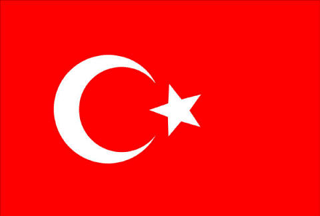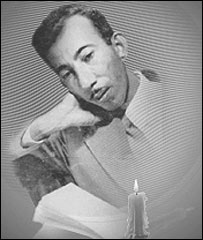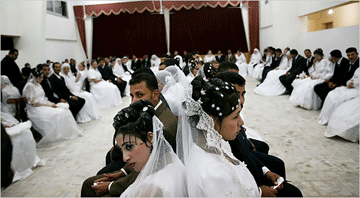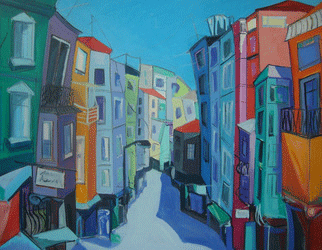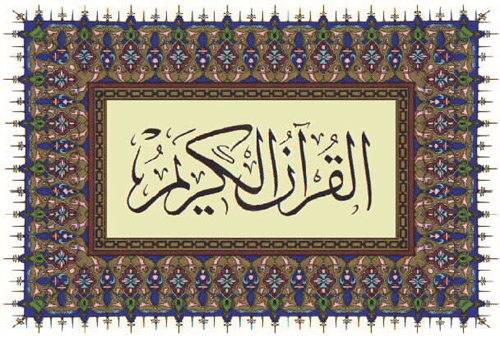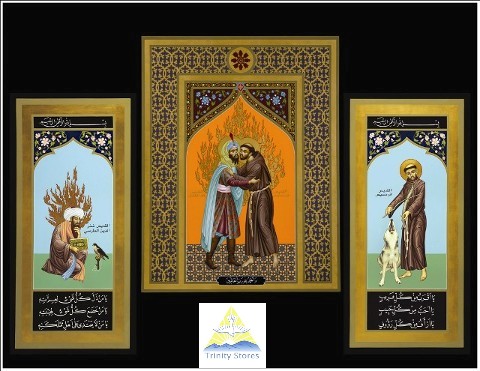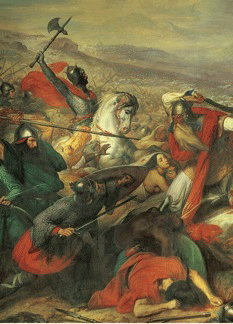
Detail of Carl von Steuben’s depiction of the Battle of Poitiers, fought in 732, the year Muslim armies crossed the Pyrenees.
A Better Place
What if the Muslim armies hadn’t been stopped at the French border?
by Joan Acocella, The New Yorker, February 4, 2008
In 610 A.D., Muhammad ibn Abdallah, a forty-year-old man from a prosperous merchant family in Mecca, repaired to a cave on nearby Mt. Hira to meditate—a retreat he had made many times. That year, though, his experience was different. An angel appeared and seized him, speaking to him the words of God. Muhammad fell to his knees and crawled home to his wife. “Wrap me up!†he cried. He feared for his sanity. But, as the voice revisited him, he came to believe that it truly issued from God. It called on him to reform his society. Poor people were to be given charity; slaves were to be treated justly; usury was to be outlawed. Muhammad’s tribesmen, the Quraysh, were polytheists, like most people in the Arabian Peninsula at that time, but this God, Allah, proclaimed that he was the only God. He was the same deity that the Jews and the Christians worshipped. Jesus Christ wasn’t his son, though. Christ was just a prophet, like the prophets of the Old Testament. Their word was now superseded by Muhammad’s, as their creeds were supplanted by this new one, Islam. Continue reading God’s Crucible Reviewed
